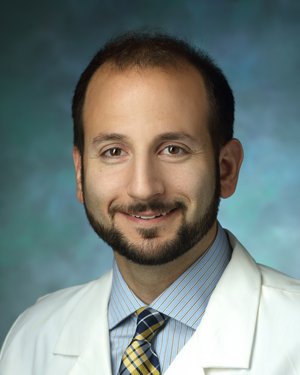Background
Dr. Joshua C. Doloff received his B.S.E. in Bioengineering from the University of Pennsylvania, and Ph.D. in Molecular, Cellular Biology and Biochemistry from Boston University. His early doctoral work on genetic engineering of cancer-targeted viral vectors won technology development and University Provost awards, and in the latter half of his Ph.D., he focused on chemotherapeutic modulation that elicited potent anti-tumor immune response. Collectively, his work was recognized by his peers as best doctoral dissertation in his graduating class when Joshua was presented with the Frank A. Belamarich Award.
During his postdoctoral studies, Joshua earned a Juvenile Diabetes Research Foundation (JDRF) Fellowship in the labs of Robert Langer and Daniel G. Anderson in the Departments of Chemical Engineering and the David H. Koch Institute at MIT. There, his work on deciphering and preventing immune-mediated rejection of macroscale biomaterial and biomedical device implants contributed to numerous publications, awarded or pending patents, a new Cambridge-based startup company—Sigilon, invited speaker engagements, and awards—including top presentation selections, a co-chair honor at the 2017 BMES meeting, and a 1stplace Immunoengineering prize at the 2017 SFB symposium.
In September 2018, Joshua was presented with a Distinguished Alumni Rising Star Award from his former Doctoral Department at Boston University, and just this November Joshua became a new Assistant Professor in Biomedical Engineering and Materials Science at the Johns Hopkins School of Medicine.


Patient Ratings & Comments
The Patient Rating score is an average of all responses to physician related questions on the national CG-CAHPS Medical Practice patient experience survey through Press Ganey. Responses are measured on a scale of 1 to 5, with 5 being the best score. Comments are also gathered from our CG-CAHPS Medical Practice Survey through Press Ganey and displayed in their entirety. Patients are de-identified for confidentiality and patient privacy.